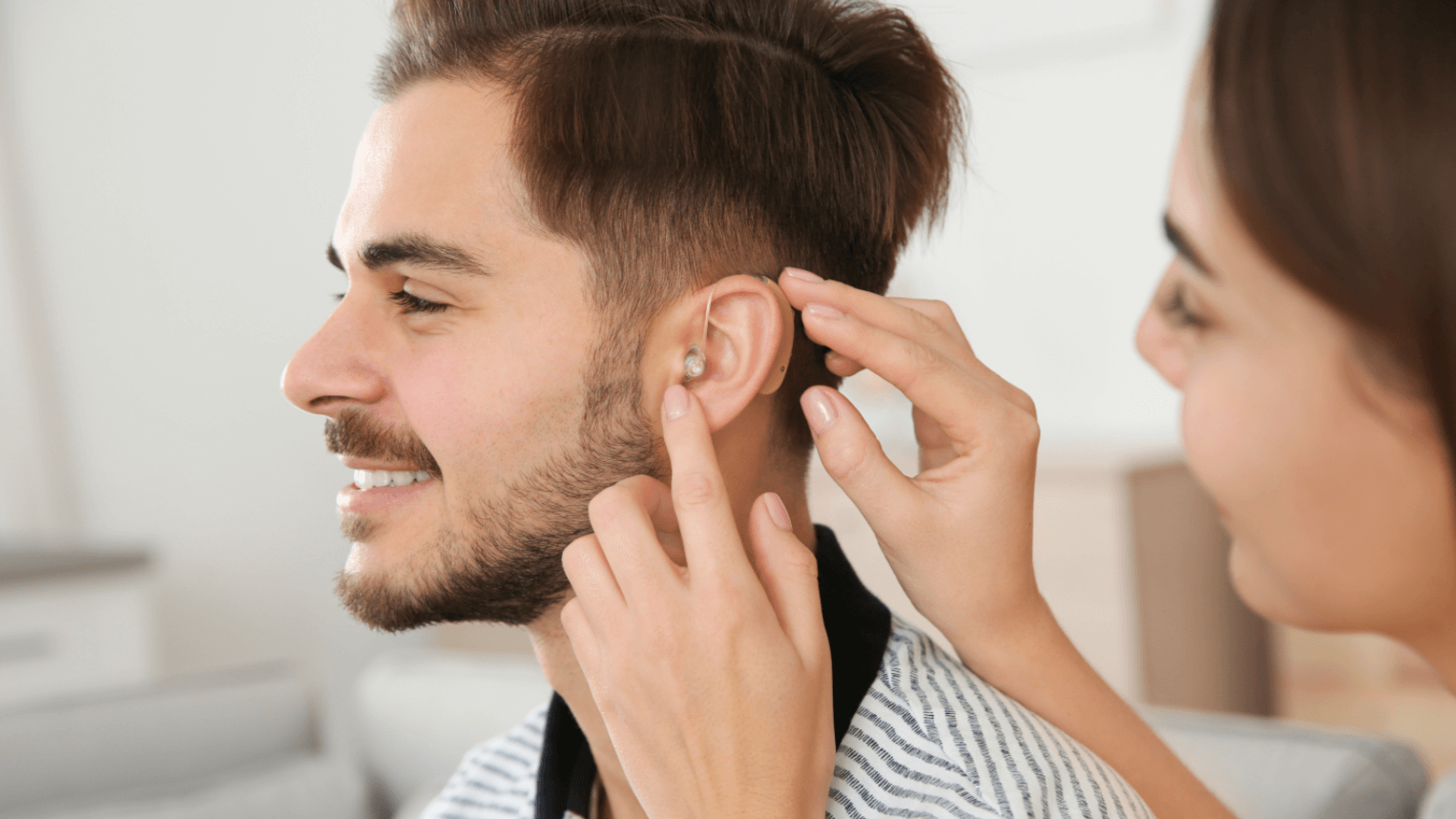How Long Should My Hearing Aids Last?
&srotate=0)
Hearing aids have evolved since the 1800s from clunky electrified devices that sat on a table like a telephone to today’s nearly invisible versions that fit discreetly in the ear and have Bluetooth connectivity.
Today, with diverse designs, custom earmolds, interconnectivity, and rechargeable batteries – like the latest and best hearing aids offered at Cross Timbers ENT at our locations in Arlington, Midlothian, and Mansfield, TX –you may still wonder: Exactly how long should my hearing aids last?
That’s a great question, and we’re going to answer it for you, plus give you some tips on how to prolong the life of your hearing aid batteries.
What is the average life of a pair of hearing aids?
The average lifespan of a pair of hearing aids is about 3 – 7 years. This lifespan is affected by a number of factors, including:
- Hearing – As we age and the physical structure of our ears changes, the hearing aid that worked for you five years ago may no longer provide the level of performance you need. You may have to update your hearing aid to continue getting the same level of hearing ability.
- Build materials – Most hearing aids are made for durability, built from plastic, silicon, polymers, and metals. Even so, these materials degrade over time and are susceptible to shock, impacts, moisture, and dust.
- Type of hearing aid – BTE (behind the ear) hearing aids tend to last longer since their electronic components aren’t exposed to the damp environment of the ear canal, unlike ITE (inside the ear) hearing aids.
- Cleaning frequency – Many people don’t clean their hearing aids as often as recommended, and most only have them cleaned twice a year by professionals. The buildup of oil, dust, moisture, sweat, etc., can reduce the lifespan of hearing aids.
- Storage – How hearing aids are stored when not worn can affect their lifespan. Storing them with the battery door open or in a dehumidifier case can help preserve their life. For rechargeable hearing aids, the lithium battery will last about 4 – 5 years, just like a smartphone.
- Maintenance frequency – Keeping hearing aids properly maintained is vital to their durability. Parts like wax guards, earmold tubing battery doors, speakers, microphone covers, and earpiece tips, should be regularly replaced.
- Technology – Because hearing aid technology is always improving, obsolescence can become an issue. Features such as Bluetooth connectivity, apps, AI (artificial intelligence), rechargeable hearing aids, digital hearing aids, and more are constantly changing the game. After 5 – 10 years, many manufacturers of hearing aids may discontinue making parts for older models.
How do I know when my hearing aids are going bad?
If you’ve dropped, sat, or stepped on your hearing aid, got it wet, or have problems turning it on, it will most likely need to be repaired by a professional or replaced. Distortions in sound or feedback are also signs of damage. Even small cracks, holes, and looseness in parts should be checked out. If the tubing, earmolds, or other parts are worn or look dingy, it may be time for an update.
How can I make my hearing aid batteries last longer?
Tired of buying so many of those little button-sized hearing aid batteries? Here are a couple of tips you can use to extend their useful lifespan to save time and money:
- Check the date – Like all batteries, hearing aid batteries degrade over time. Check the date on the package to only buy the most recent ones.
- Don’t remove the tab until you're ready to use the battery – Hearing aid batteries are a zinc-air battery. Removing the tab exposes a small hole, allowing air in and starts the degradation process.
- Five-minute rule - After you remove the tab, wait five minutes before installing the battery in your hearing aid. This allows the air to fully activate the battery, giving you up to three extra days of battery life.
- Store batteries at room temperature – Many people think keeping batteries in the refrigerator prolongs their life. While this may be true for other types of batteries, it’s the opposite for hearing aid batteries. The moisture in your refrigerator can cause corrosion in hearing aid batteries.
- Leave the door open – When you’re not using your hearing aid, leave the battery door open. This minimizes battery drain and prevents corrosion.
- Get a dehumidifier – A hearing aid dehumidifier removes moisture and keeps them secure.
- Remove the batteries – if you’re not using your hearing aids for a prolonged period, take out the batteries. This extends their useful life.
Upgrade to better hearing aids today
At Cross Timbers ENT, our experienced team of doctors and audiology experts can diagnose hearing loss and prescribe the best hearing aids for people of all ages. Our selection of hearing aids includes the latest models with all the features and sensitivity you need. If you’re in Arlington, Midlothian, or Mansfield, TX, or the DFW area, call us today for a consultation. Let us help you hear the world clearly without missing a thing.